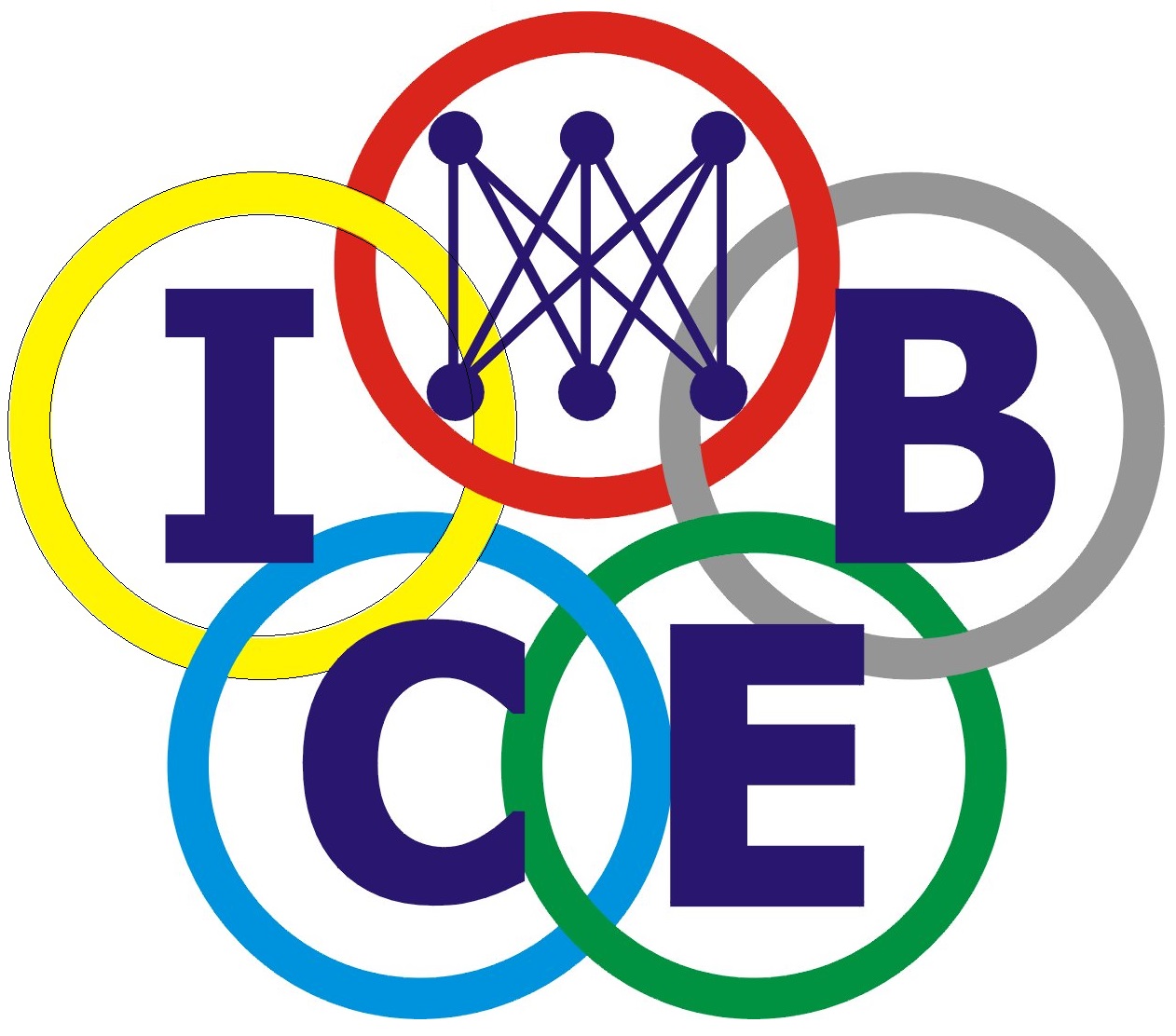Document Type
Article
Abstract
In the new B2B e-commerce arena, applications such as auctions and data exchange are growing rapidly. However, Web content is currently designed for human consumption rather than computer manipulation. This limits the possibility of Web automation. Fortunately, the new development of the Semantic Web that allows Web pages to provide information not only in terms of their content, but also in terms of the properties of that content, can be used for automation. Electronic tendering systems are among the successfully commercial systems that can tremendously benefit from the availability of Semantic Web. This study proposes an e-tendering system that uses the Semantic Web to investigate the automatic negotiation process. The system is built in a P2P environment to simulate a two-player negotiation. It is found that the ontology of semantic information can be used to locate qualified suppliers and precede negotiation. The bargaining power of each party is then determined by the relative magnitude of the negotiators’ respective costs of haggling and the utility that varies with the degree of risk preference. Our experiments showed that applying automatic negotiation strategies to e-tendering system in semantic web can reflect the risk preference of the participants.
Recommended Citation
Du, Timon C. and Wong, Jacqueline, "Building a Semantic Tendering System" (2007). ICEB 2007 Proceedings (Taipei, Taiwan). 9.
https://aisel.aisnet.org/iceb2007/9


